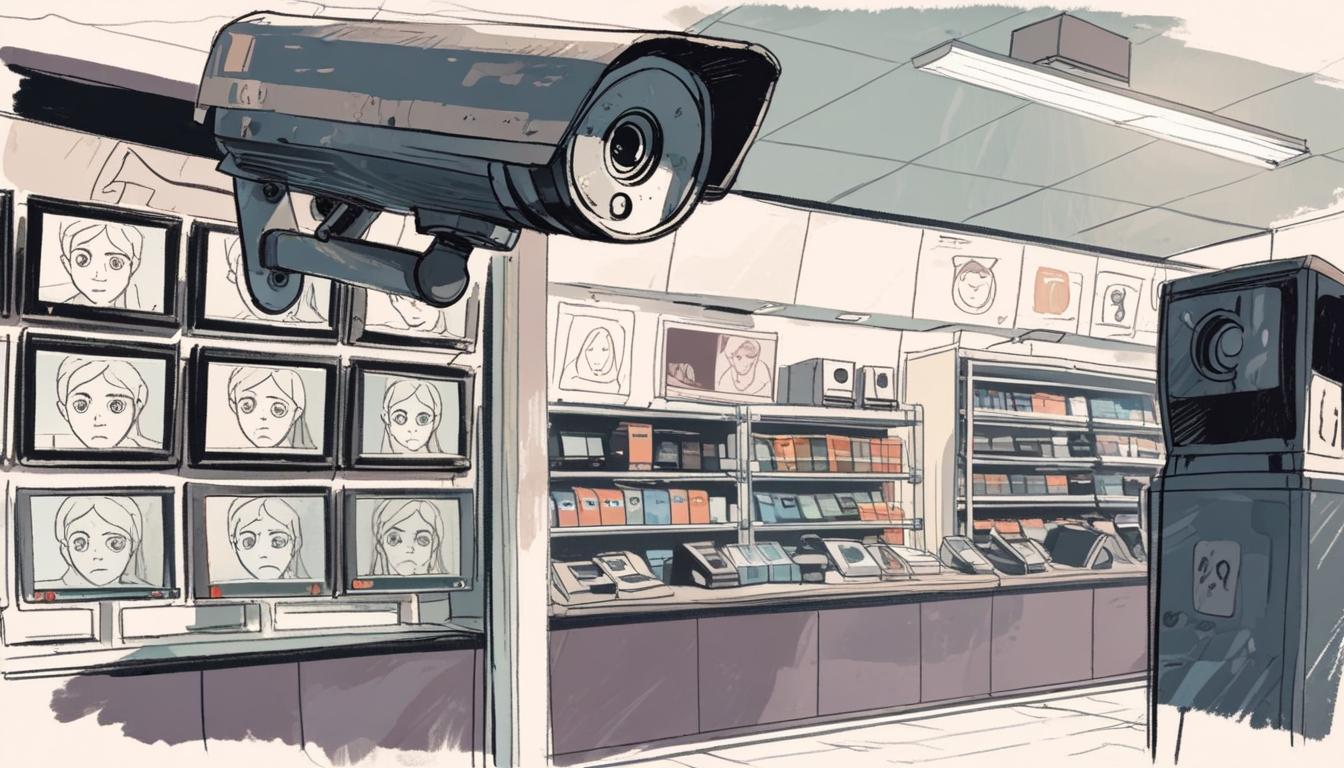Asda is currently facing significant public backlash following the rollout of a controversial facial recognition trial in five of its stores across Greater Manchester. The pilot scheme involves the use of CCTV technology to scan customers' faces and match them against a secret internal watchlist maintained by the supermarket.
The watchlist reportedly includes individuals whom Asda staff believe to have been involved in theft, violence, or fraud within Asda stores, regardless of whether those people have been legally convicted of any offences. Over 5,000 complaint emails have been sent to Asda, largely coordinated by the privacy campaign group Big Brother Watch.
Madeleine Stone, senior advocacy officer at Big Brother Watch, criticised the supermarket’s approach in a statement to The Grocer, saying: "Asda is adding customers to a secret watchlist with no due process, meaning people could be blacklisted from their local shop despite being innocent." Stone also highlighted broader concerns about facial recognition technology, noting it "has well-documented issues with accuracy and bias, and has already led to distressing and embarrassing cases of innocent shoppers being publicly branded as shoplifters."
Asda has not publicly responded to the volume of complaints triggered by the trial but previously defended the introduction of facial recognition, pointing to a rise in theft and incidents of violence against staff. Liz Evans, Asda’s chief commercial officer for non-food and retail, acknowledged the challenges faced by the retailer: "The rise in shoplifting and threats and violence against shopworkers in recent years is unacceptable and as a responsible retailer we have to look at all options to reduce the number of offences committed in our stores and protect our colleagues."
Evans further explained the company’s rationale, stating: "We consistently look for new ways to improve the security in our stores and this trial will help us understand if facial recognition technology can reduce the number of incidents and provide greater protection to everybody in our stores."
Facial recognition technology is not unique to Asda; other UK retailers such as Home Bargains, Southern Co-op, Budgens, and Costcutter have implemented similar systems. These other companies utilise technology from Facewatch, which employs a shared national database of individuals flagged for shoplifting and other offences.
The trial comes amid a broader strategic push by Asda to expand its footprint of smaller-format stores, planning to open 25 new Asda Express outlets from June through Christmas. This expansion is supported by investment from TDR Capital and the Issa Brothers, who are driving an extensive revitalisation effort to address the supermarket’s declining market share, which fell from 14.8 per cent to 12.5 per cent in recent years.
Asda’s chairman Allan Leighton spoke to The Telegraph about the company’s turnaround plans, saying: "Our job is to fix it - but not just to fix it. We have to build it, reset it, turn it into what it was." Part of this initiative reportedly involves converting former Co-op store locations into new Asda Express shops.
The ongoing facial recognition trial and the public reaction underscore the challenges facing Asda as it attempts to enhance store security while simultaneously seeking to restore its competitive position in the UK grocery market.
Source: Noah Wire Services
